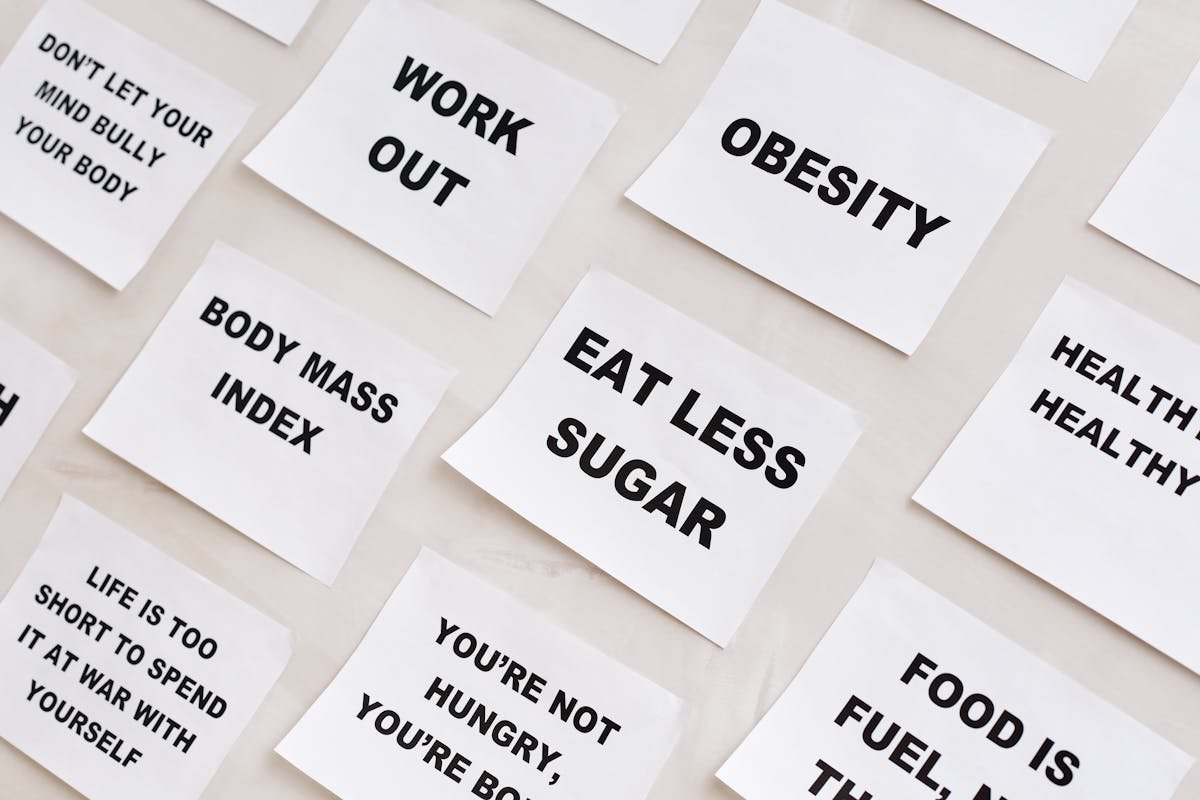Changing habits: it’s time to learn how to be happy!
Lifestyle / Date: 03-18-2025

Every human being's life is based on habits, which are actions that we repeat daily and that make our lives easier. Just as there are good habits, there are also bad ones, i.e., addictions. The good news is that, as long as they are carried out consciously, they can be modified or eliminated. This article is an invitation to change your habits.
Everyone has some bad habit and it is often not easy to break it. The first step to reversing this situation is for the individual to understand that they have a bad habit and then identify what triggers it and what rewards it causes when it is carried out.
Continue reading to better understand how changing habits can happen and what its benefits are for a happier life!
How crucial is it to alter one's behaviors in order to be happy?
Throughout our lives, we acquire a series of habits, some good, others not so much. Exercising, managing our finances and planning to achieve our goals are examples of positive habits that contribute to health, happiness and personal fulfillment.
On the other hand, we have bad habits, such as a sedentary lifestyle, lack of financial control and a lack of direction and attitude to achieve what we want. These habits lead an individual to feel discouraged and even to believe that they are incapable of achieving anything.
After all, when it comes to lifestyle habits, no one can act for you. Every individual is accountable for their own deeds and must genuinely decide to alter their daily habit.
As challenging as it may be to change habits, it is a step that will reward you with a more organized, relaxed and happy life. In fact, it is important to remember that there is always time to take this step, no matter how many years you have spent living differently.
07 suggestions to help you modify your behaviors
Are you motivated to change your habits? You can and should adopt some actions in your daily life to help with this transformation. Check out the tips!
1. List the habits you want to change

First, start by listing the habits you want to change. To do this, create a list and write it down on a pad of paper. This exercise is great for getting to know yourself better and starting to draw up a plan for change. Reflect on the habits that have been causing bad results in different areas of your life. This could be in your family life, studies, professional life, financial situation, health, diet, among others.
2. Identify what generates each of them
Once you have a list of habits you want to change, it’s time to identify what triggers each one. For example, you may have a habit of eating processed foods because you don’t have time to cook or because you think it’s expensive to eat at a restaurant. Write this information down. It’s important to identify the origins of your bad habits, that is, the triggers that trigger them.
3. Find solutions for each cause
The next step is to find solutions for each bad habit. Going back to the previous example, one solution would be to set aside one day a week to prepare quick recipes and freeze them to eat in the next 5 or 7 days. Believe me, for every obstacle you encounter to not changing a habit, there is a solution. Of course, they won't always be as easy as in the example, but with organization and willpower, you will get there!
4. Replace the bad habit with a good habit
An interesting fact is that, generally, one change “pulls” the other. For example: if you start doing physical activities to lose weight, you will automatically become more selective about your eating habits. So, when you think about how difficult it is to lose calories, you will probably think twice before eating something fatty.
5. Start with simple changes
You can't change your entire routine overnight. For changes to be sustainable, they need to be gradual. So, choose one or two habits to change at a time, always starting slowly but, of course, without stopping. Don't try to change jobs, renovate your house, start boxing, learn to invest in the stock market and study French all at the same time. You will end up physically and mentally exhausted, as well as frustrated because you can't get anywhere.
6. Be patient with yourself
During the process, it is natural that you will have setbacks. After all, you spent years acting in a certain way and now you are starting to change. If this happens, don't blame yourself, just pick up where you left off and keep going. You will go off your diet one day, for example. Therefore, it is important not to be too restrictive or radical when changing your habits. Take it easy and forgive yourself when you fail. You are still human!
7. Reward your dedication
Finally, remember that the human brain works on the basis of rewards. So, use this strategically in your habit-changing project. Of course, this doesn’t mean that you’ll reward yourself with a bad habit, right? If, for example, you exercise 3 times a week as planned, on Saturday you can wake up a little later. Set rewards that make sense to you, as long as they’re not inconsistent with your new lifestyle.
In conclusion, changing habits is a slow and gradual process that requires persistence and motivation. Therefore, think carefully about the reasons for the change you want to make before starting it. Furthermore, whenever necessary, count on coaching to enhance and accelerate this process. You deserve to be happy!
Follow Us
Newsletter
Subscribe to our newsletter to stay updated with our latest news and offers.
We respect your privacy.






